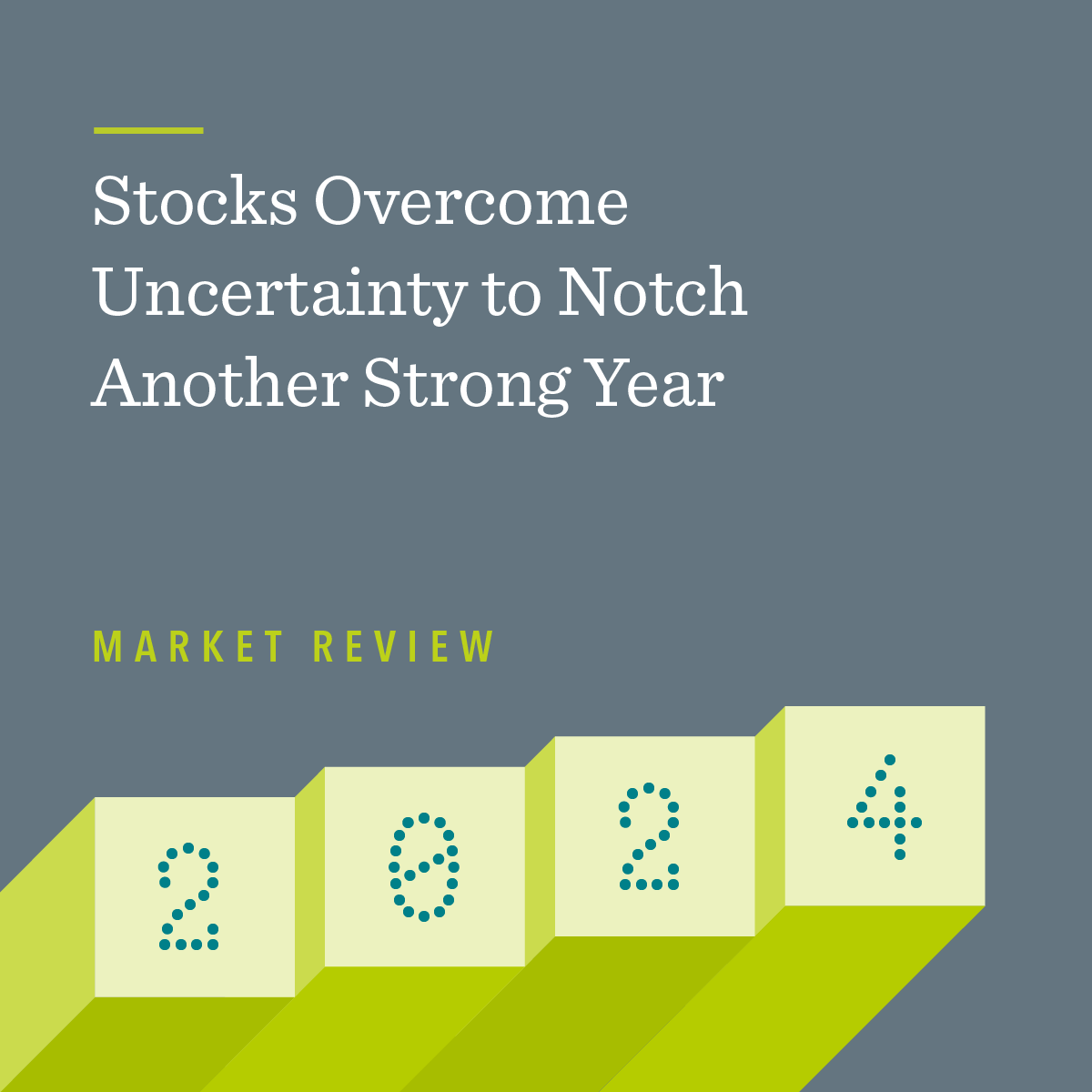Part 1: What’s Your Human Capital Worth to You?
Most of us spend plenty of time thinking about how much our wealth matters to us. Have you ever stopped to consider the reverse: How much does your earning power matter to your wealth? To put that in financial terms, when is the last time you or your advisor have factored in your human (labor) capital when managing your financial capital?
If the answer is “rarely” or “never,” that’s the norm for most investors. It’s also unfortunate. Throughout your working years, factoring in your human capital – what you’re likely to earn, and how you’re likely to earn it – is just as important as managing what you’ve already got.
If human capital is such an important part of investment management, why is it usually given such scant regard? For one, it never appears on any balance sheet in obvious dollars and cents. This can make it challenging to work into an otherwise numeric equation when allocating investments. In addition, as studies have suggested, our behavioral biases may be blinding us to the issue.
In this multipart series of blog posts, we’ll shed some Cogent light on how to factor your human capital into your greater wealth goals, so you can make the most of your stellar career as well as the investable wealth it can create for you.
First, what do we mean when we talk about your human capital? Today, we’ll explain how your career is both a source of income as well as an “investment” in its own right. After all, you certainly dedicate a lot of time and energy to it!
Your Human Capital: What’s It Worth to You?
In the parlance of financial planning, human capital is your career, or the “asset” your income-generating capabilities bring to your overall wealth. Economists from the Paris-based Organisation for Economic Co-operation and Development (OECD) further define it as “The knowledge, skills, competencies and attributes embodied in individuals that facilitate the creation of personal, social and economic well-being.”
 In less formal terms, if you’ve got a lot of human capital, it means you’re on fire professionally. You’re part of a company or team where you’re handsomely compensated for doing what you do best and delivering great value to others. You also love doing it, and it provides a product or service the world is clamoring to buy, which makes it more likely your human capital will be sustainable over the years.
In less formal terms, if you’ve got a lot of human capital, it means you’re on fire professionally. You’re part of a company or team where you’re handsomely compensated for doing what you do best and delivering great value to others. You also love doing it, and it provides a product or service the world is clamoring to buy, which makes it more likely your human capital will be sustainable over the years.
Your Human Capital Is an Asset
In considering how your human capital interacts with your investable assets, BAM Alliance Director of Research Larry Swedroe explains in an ETF.com article:
“Your human capital is “a unique asset because it varies by age, health, education, occupation, industry and experience, among other variables.”
Swedroe also points out that you cannot trade, insure, or hedge your human capital, at least not in the same way you can with an asset like a stock or a bond. But it is an asset, and it should affect your asset allocation.
Basically, the more stable your earned income is (the less it correlates with economic cycles), the more risk you may be able to take in your investing. Think of it this way: If you are a tenured professor at a major university, your job is very stable. Your labor capital isn’t risky. Thus, you can take more risk with your financial capital. On the other hand, if you own a Ferrari dealership, where your sales rise and fall with the economy, you should be taking less risk with your financial capital. Working as we do with successful attorneys and other high-end professionals, we tend to see a number of turbo-charged careers, for whom today’s subject is particularly critical.
Rewards of Your Success Need to be Invested
 As opportunities pay off for you in the form of salary, bonuses and other types of compensation, you rightfully look for ways to invest the proceeds. Or, often, those “ways” find you. Within your company, there may be stock options (ESOPs), private placement preferred loans and company stock within your 401(k) – sometimes matched by your employer. Outside choices may include hedge funds, private equity, business ventures, real estate holdings, investment portfolios and more.
As opportunities pay off for you in the form of salary, bonuses and other types of compensation, you rightfully look for ways to invest the proceeds. Or, often, those “ways” find you. Within your company, there may be stock options (ESOPs), private placement preferred loans and company stock within your 401(k) – sometimes matched by your employer. Outside choices may include hedge funds, private equity, business ventures, real estate holdings, investment portfolios and more.
How your human capital correlates with the risks and rewards of the rest of your investment assets should play a major role in your asset allocation decision. In short:
Most investors fail to consider their human capital risks in their investment plans. This unnecessarily exposes them to crash-and-burn outcomes that could otherwise be avoided through integrated management of their human capital and financial assets.
So, how do you invest the proceeds of your human capital? We’ll explore the concepts involved in our next post. If you’d like us to notify you when that’s available, here’s a capital idea for you: Sign up to receive our monthly Cogent Advice newsletter directly to your inbox.
LEARN THE WORTH OF YOUR HUMAN CAPITAL
READ PART 2: How Smart Investors Factor in Themselves as an Asset
READ PART 3: Balance Your Career Risk with Investments for Success


